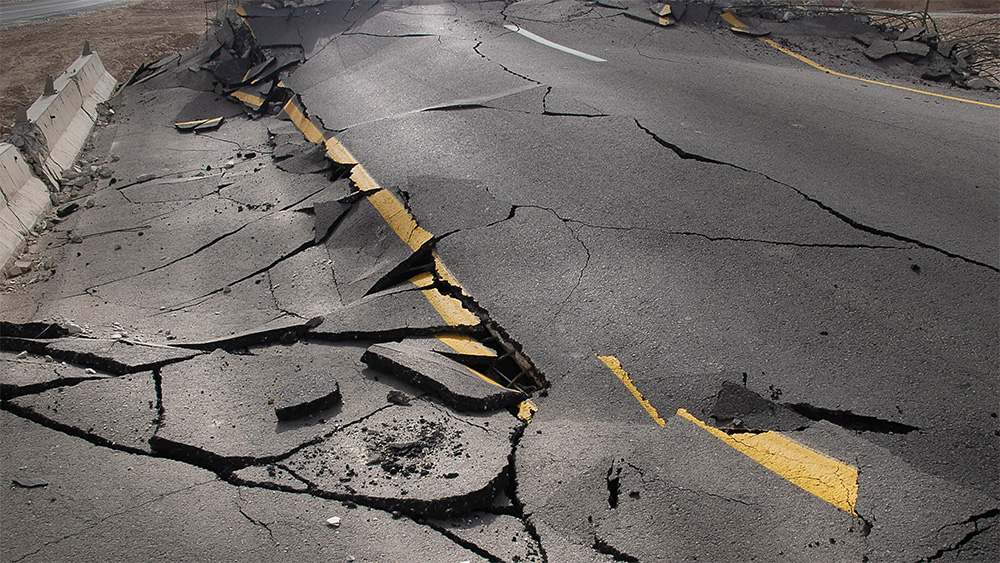According to usgs.gov, nearly half of the fifty states experience at least one earthquake annually. Of course, the severity of those earthquakes varies, but for those living in a state with a high probability of an earthquake event, the threat is real.
Most of us living on the west coast of the United States, including Washington, are well aware of the danger earthquakes pose. Taking the right precautions may help protect you, your family, and your home.
The old advice holds – the best way to prepare for a disaster is before it happens. If you live in an area prone to earthquake activity, you may want to take steps to protect yourself. Ready.gov recommends the following:
Prepare an emergency survival kit. You will want to include first aid items, such as antiseptic, bandages, ice packs, and over the counter pain killers. Make sure a flashlight is included. And throw in some nonperishable food items, including plenty of water, in case you are cut off from essential services.
Secure your home. Make sure heavy items such as bookcases, refrigerators, and TVs are secured to a wall. Keep heavy or breakable objects on lower shelves or near the ground. And if you are able, complete structural projects that can improve the integrity of your home.
Create a family disaster plan. Ensure everyone knows what to do in the event of an earthquake and where to reunite after the event to account for everyone’s safety.
When you are actively experiencing an earthquake, ready.gov recommends different actions for different situations. If you are driving, pull over and use your parking brake. If you are outside, stay outside, away from buildings. If you are inside, stay there and do not try to run outside.
Instead, use the Drop, Cover, and Hold protocol. If you can drop to the ground, protect yourself by crawling under a desk or table and holding onto whatever furniture covers you from falling debris. If it moves, you will move with it. Additional advice can be found at ready.gov/earthquakes.
Once the earthquake is over, be aware that many dangers still lurk. Downed power lines, broken gas or water mains, and structurally unsound buildings all pose serious risks. There’s also the known risk of aftershocks.
Once the earthquake is over and any nearby related dangers have been contained, it’s time to assess damage to your property. Unfortunately, a standard homeowner’s policy doesn’t cover damage or loss from an earthquake. You will need to purchase specific coverage or an added endorsement to your existing policy.
An earthquake insurance policy can help repair or replace damage to your home and replace belongings lost or destroyed in the earthquake. If you rent, you may be able to purchase a policy that protects your belongings. Whether you own or rent, you will want to be sure your coverage provides the means to live elsewhere if your home is temporarily unlivable.
If you’d like to discuss your earthquake insurance needs, such as what type and how much coverage is necessary, give Sea Mountain Insurance a call or contact us for more information. We’re happy to answer your questions.
